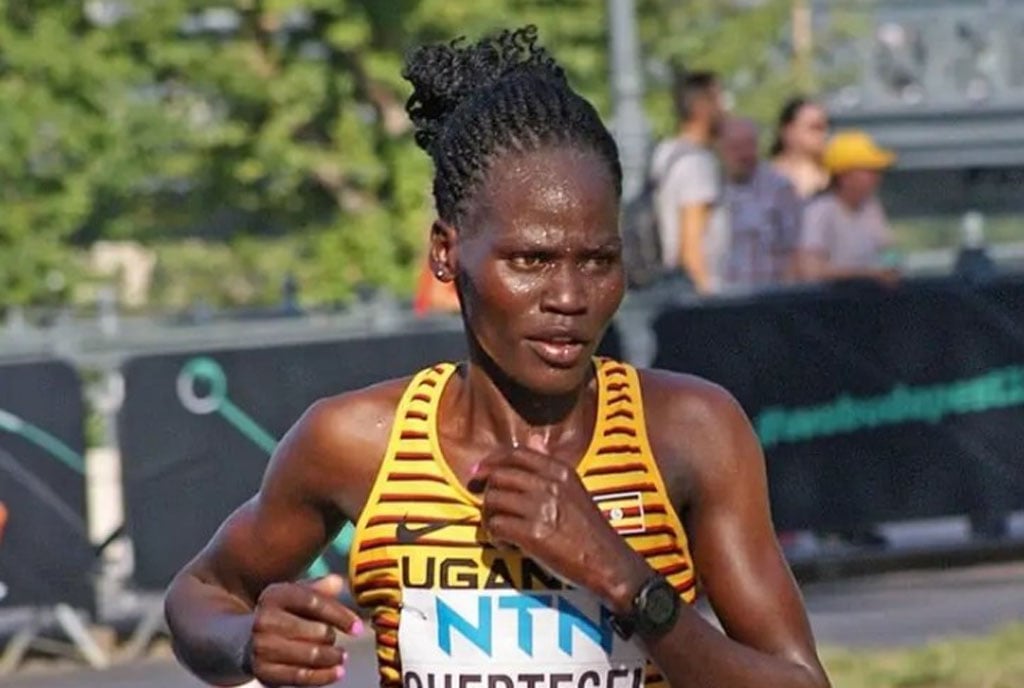Prime
Social media has no problem, people do

Emilly C. Maractho (PhD)
What you need to know:
- Women in public life continue to operate in a space that has not understood well, their presence on the table.
Many mistakes made in government and some of the misbehaviour and impunity of those in power has created a host of angry citizens from time to time. One does not know whether to understand these angry fellows or to just keep quiet.
The endemic corruption, weak performance of the economy and lack of opportunity for many, all form a kind of latent anger that tends to surface from time to time. Sometimes we are all victims of that anger.
The anger is often manifested when a boda boda man kicks your car and gleefully rides off because he can, or the fellow who abuses you because you have not complied with the instructions to key in your mobile money pin so that you are conned. Other times, it is the youngster on the street trying to sell you something you do not wish to buy, but curses you for not buying.
I wonder if women face the street anger more, or men experience them too, differently. I have not heard from many men. But a cursory look at social media content gives you a good sense of where the anger is directed most, especially when it comes to government officials.
Recently, Speaker Annet Anita Among was blessed with a set of twins. Without wasting time, what was supposed to be a great opportunity to congratulate her, quickly turned into some of the meanest comments sent her way, some stray ones falling on her innocent children.
Then there is Prime Minister Robina Nabanjja, who has endured her own share of a bad week, having to defend and disassociate herself from a woman purported to be wrestling in a video that went viral on social media. Statements have been made, with little effect.
This is a difficult time to be a spokesperson for a government official, generally. It may seem though that the women have become an easier target for harassment on social media.
For several years, researchers expressed concern over the negative coverage of women in mass media The Beijing Platform of Action in 1995 dedicated a whole section to the matter. It highlighted several areas of action for different actors - government, media actors and civil society, among others.
Some progress has been made in almost all the areas of the 12 concerns addressed in the Beijing Platform of Action. Some of these concerns include the inequality in economic structures and policies, in all forms of productive activities and in access to resources; inequality between men and women in the sharing of power and decision-making at all levels; the lack of respect for and inadequate promotion and protection of the human rights of women, violence against women, as well as inequalities and inadequacies in and unequal access to education and training, among others.
For women and media, progress has been particularly slow. Their concern rested on the stereotyping of women and inequality in women’s access to and participation in all communication systems, especially in the media. Social media, it may seem, will reignite these concerns at a much deeper level.
Whereas policy makers have responded to all concerns in ways that we can look back very proudly as some of the gains that have been made, serious challenges remain.
Uganda is one of those countries that show signs of commitment to the Beijing Platform of Action in form of constitutional guarantees, educational opportunities for women, empowerment programmes and general inclusion in all public sphere.
Access to health and education have never been better for girls. There are promises for a better world for women in every international framework you can think about. The Sustainable Development Goals promises to leave no one behind.
The other problem is that these prospects, promises and presence of women on the high table come with great sacrifices for these women. Seeing the things these women endure make it hard to sometimes imagine if it is worthwhile occupying some of these positions, with such a high price to pay.
Women in public life continue to operate in a space that has not understood well, their presence on the table.
We may blame social media for making life for these women difficult as all the ‘faceless’ people descend on them but social media has no problem with women in leadership. We the people do.
What we see in the way they respond to power, our own response to their use of power and their presence in politics, says more about, we the people, than it does about them.
Some of the concerns in mass media then, are now real issues to deal with on social media. These women need to be supported to better handle some of the backlash without being derailed.
Ms Maractho (PhD) is the director of Africa Policy Centre and senior lecturer at Uganda Christian University.
[email protected]



